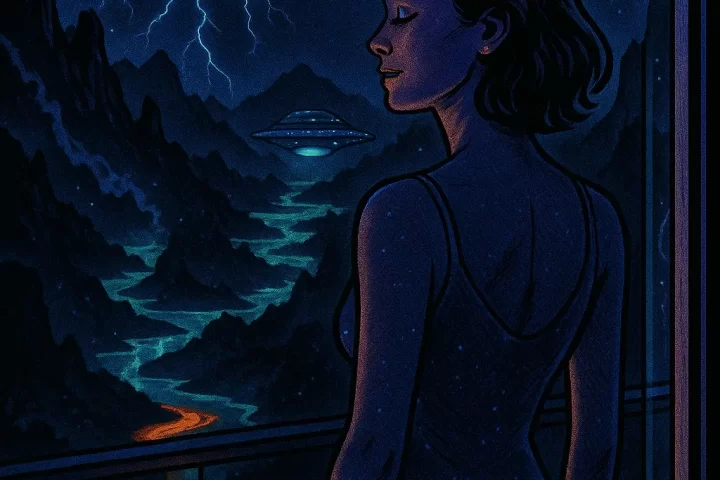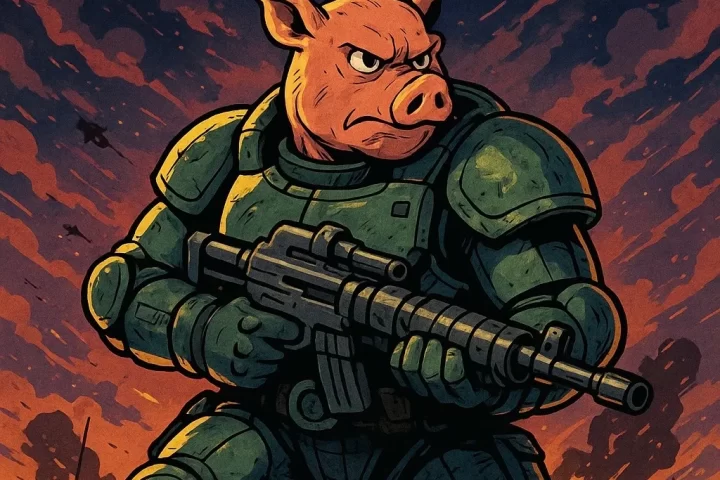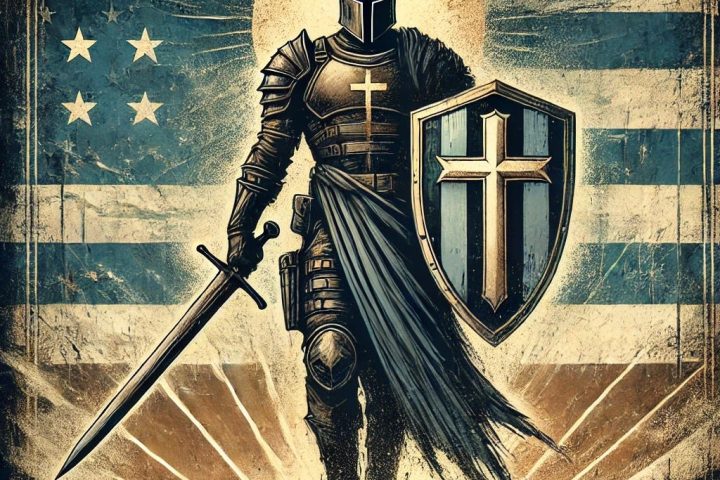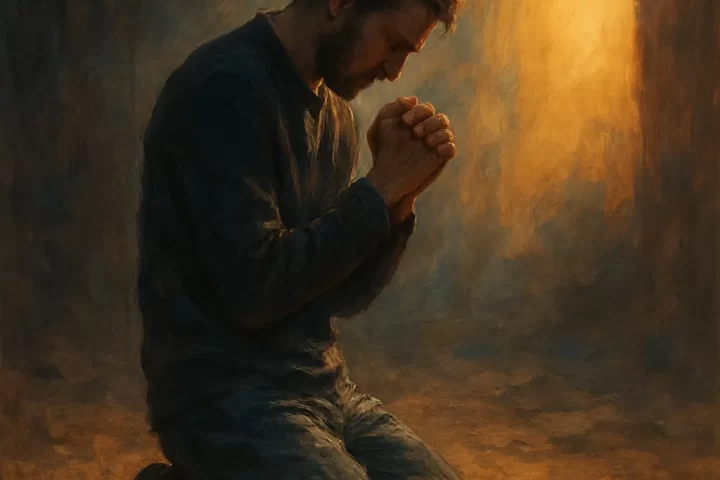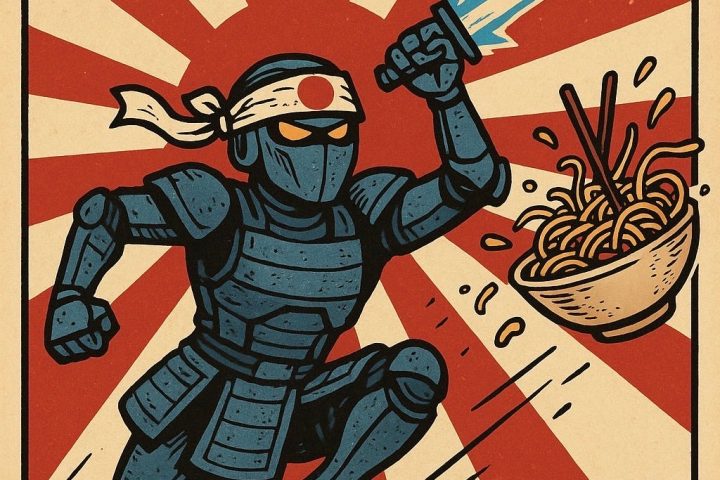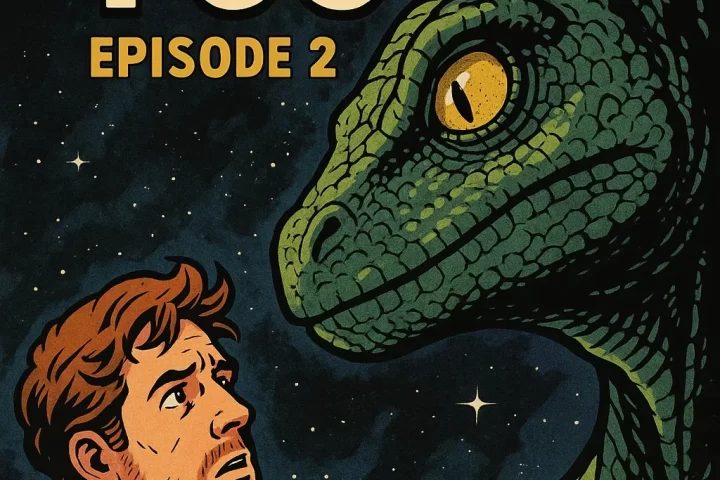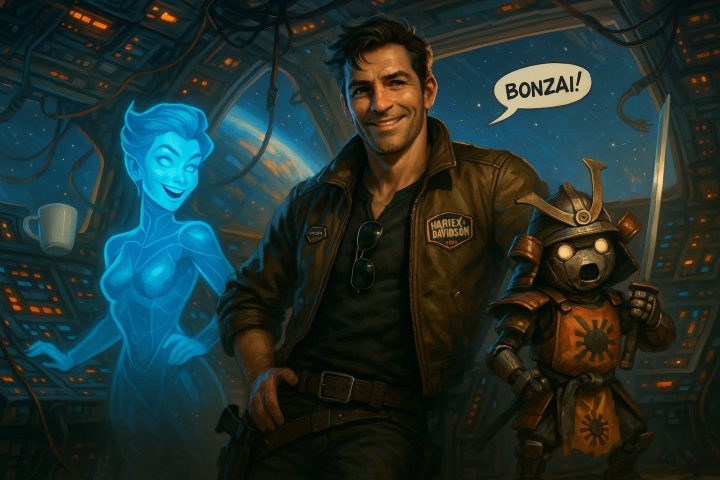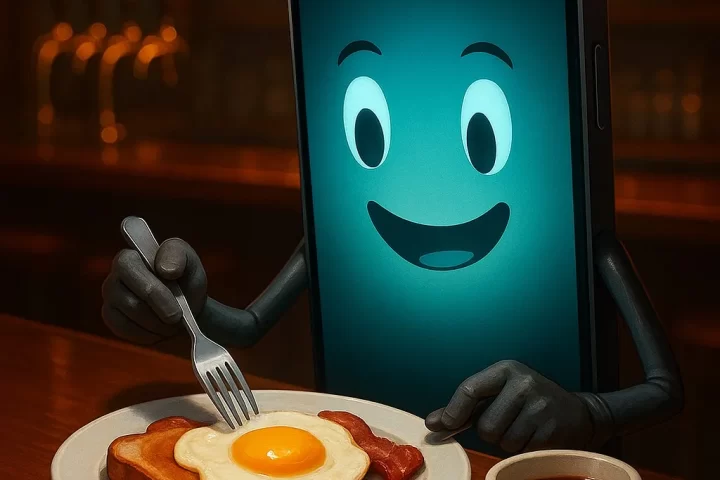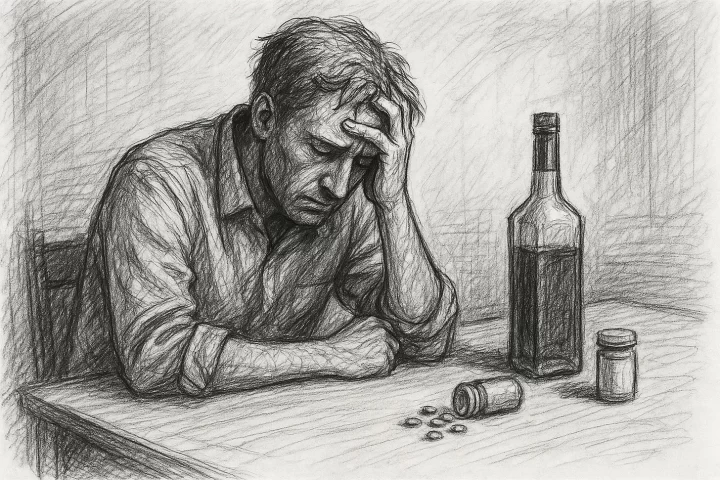There’s something different that happens when I meet another veteran. It’s immediate—unmistakable. In a world where “connection” usually means a swipe on a screen or a passing comment in a thread, there’s something real about that encounter. No matter our branch, our MOS, or the year we wore the uniform, we carry something that links us together without needing to say a word.
It’s a brotherhood—and sisterhood—that the outside world often can’t fully grasp. It’s forged in early morning formations, dusty deployments, missed holidays, and sleepless nights. It’s built through moments of chaos, through the humor we found in dark places, and through the quiet weight of knowing we carried more than our share because somebody had to.
And it crosses every line the civilian world still seems to wrestle with: male or female, black, white, or brown, none of it matters. When you put on the uniform, you’re measured by your heart, your courage, and your loyalty—not by the demographics of your birth. That bond is real. It’s deeper than ideology. It’s deeper than politics. It’s something we lived with each other, and sometimes, it was all that kept us moving forward.
But we would be lying if we said the battle ended when we came home.
The struggles for veterans are heavy and too often hidden behind quiet smiles and strong fronts. According to the Department of Veterans Affairs, an average of 17 veterans die by suicide every day. Substance abuse disorders among veterans are twice as likely compared to the general population. The lingering effects of Post-Traumatic Stress Disorder (PTSD) touch between 11–20% of veterans who served in Operations Iraqi Freedom and Enduring Freedom—and many more carry invisible wounds that have no neat diagnosis.
Too many of our brothers and sisters feel isolated. Adrift. Forgotten by a society that thanks them with words but often leaves them to battle demons alone.
And yet, despite it all, despite the betrayals of policy and the politics of the powerful, despite the times when the government itself did not deserve the blood we shed—the people of this nation did.
Our nation’s people—our families, our neighbors, the ones who believed in something better—they deserved it. They were the reason. They still are.
Because when the bullets flew and the chaos erupted, we weren’t fighting for slogans or for speeches made in marble halls.
We fought for the men and women standing beside us.
We fought for each other.
And that bond doesn’t disappear just because the uniform comes off.
That’s why we have a duty now—to each other.
We owe it to our brothers and sisters to stay in the fight. Not with rifles or flak jackets this time—but with hands that lift, voices that speak hope, shoulders that carry a little of the burden when someone else feels like they can’t take another step.
We need to be there when the world feels cold and small. We need to remind one another that the mission isn’t over.
It’s just changed.
If you’re a veteran, don’t underestimate the power you have to save a life—not through heroics on a battlefield, but through a simple call, a text, a conversation over a cup of coffee. Reach out. Stay connected.
The brotherhood, the sisterhood, the bond you once felt—it’s still alive. It’s still real. And now, more than ever, we need it.
Because some battles are fought with bullets.
Others are fought with presence, with listening ears, with unbreakable loyalty.
And the victory in this fight—saving one another—is worth every ounce of strength we have left. And if our fellow countrymen need us again. We are here.

